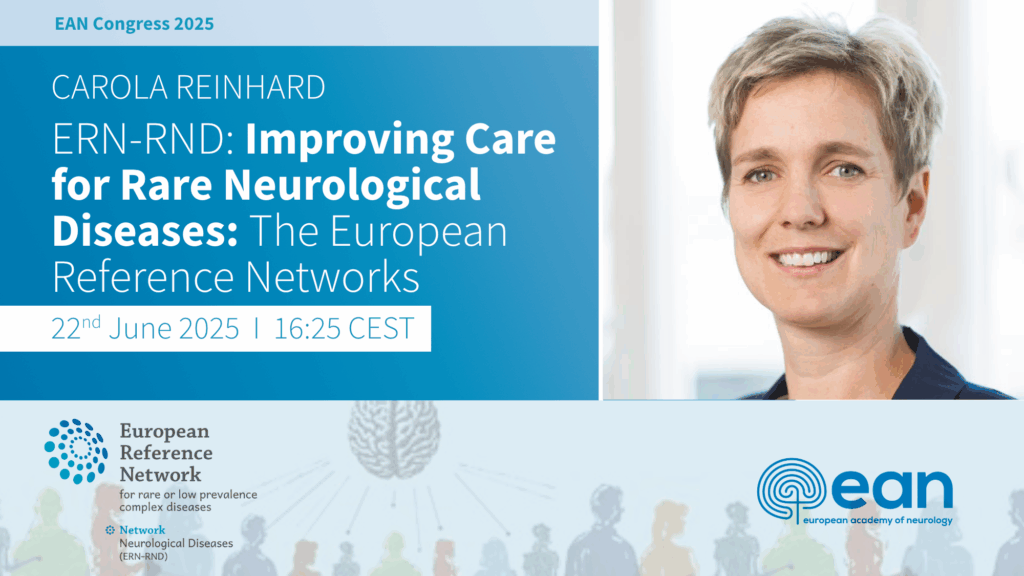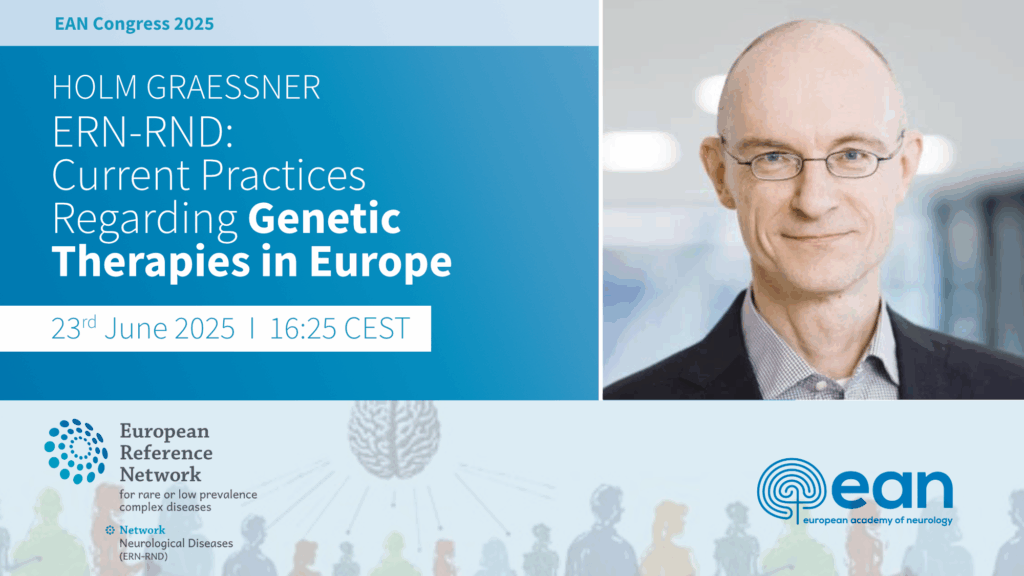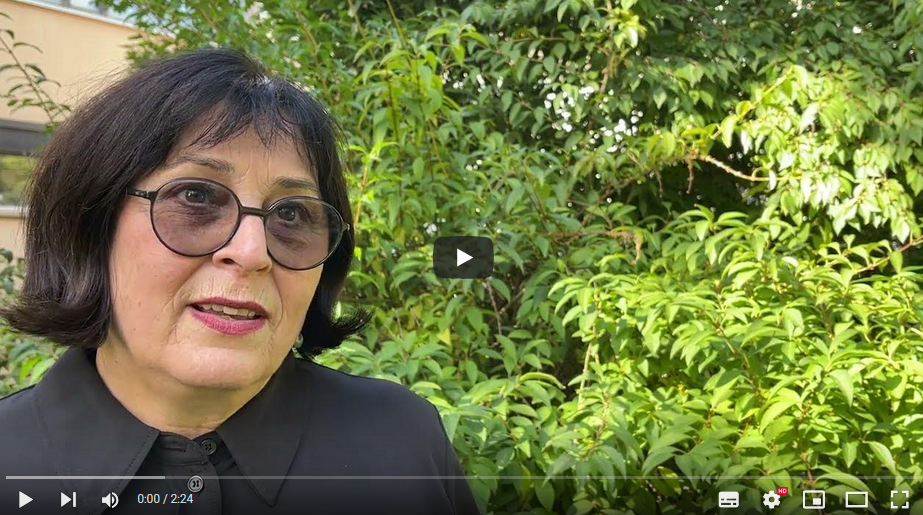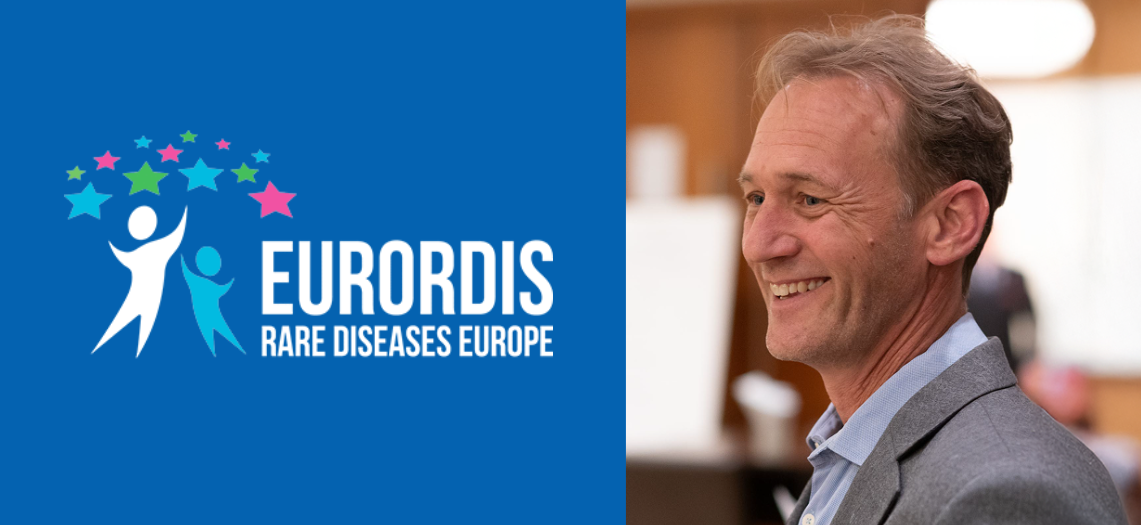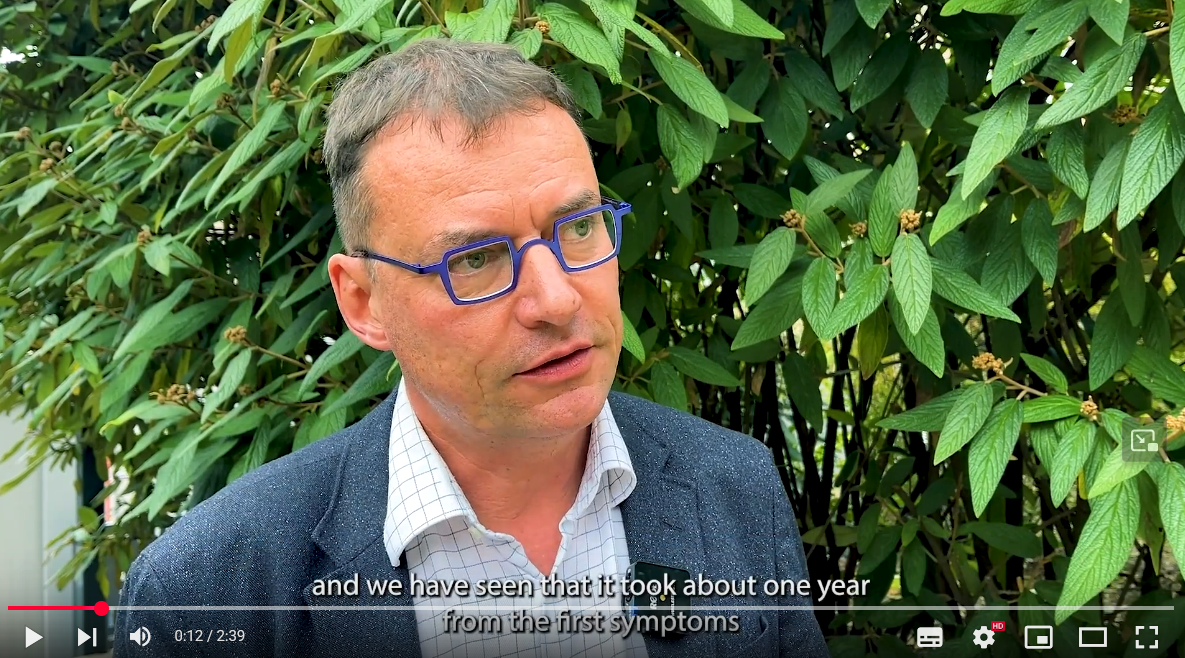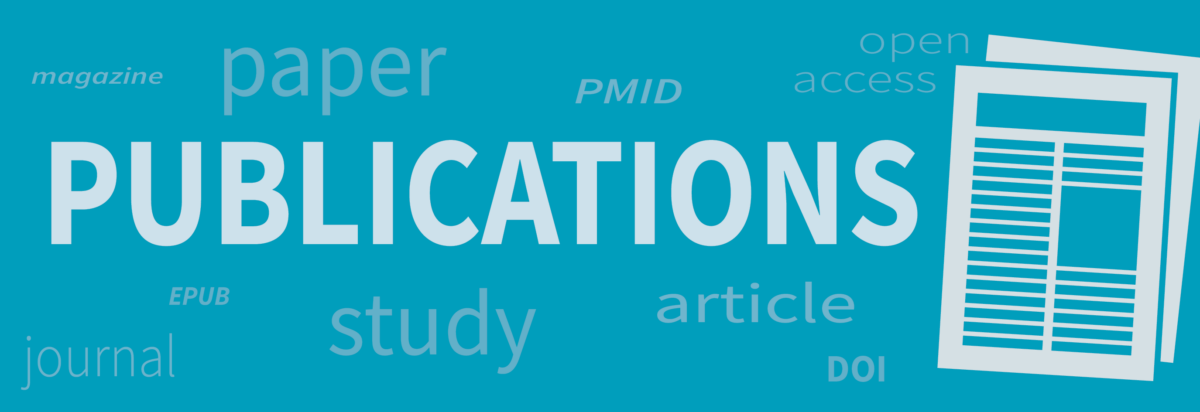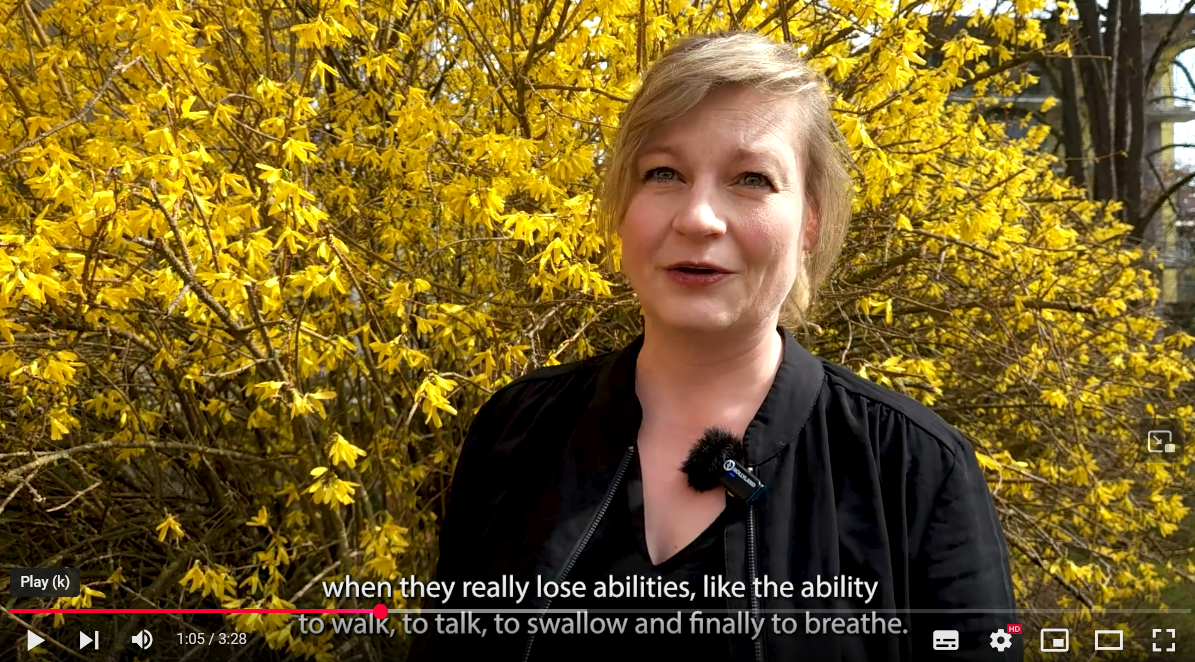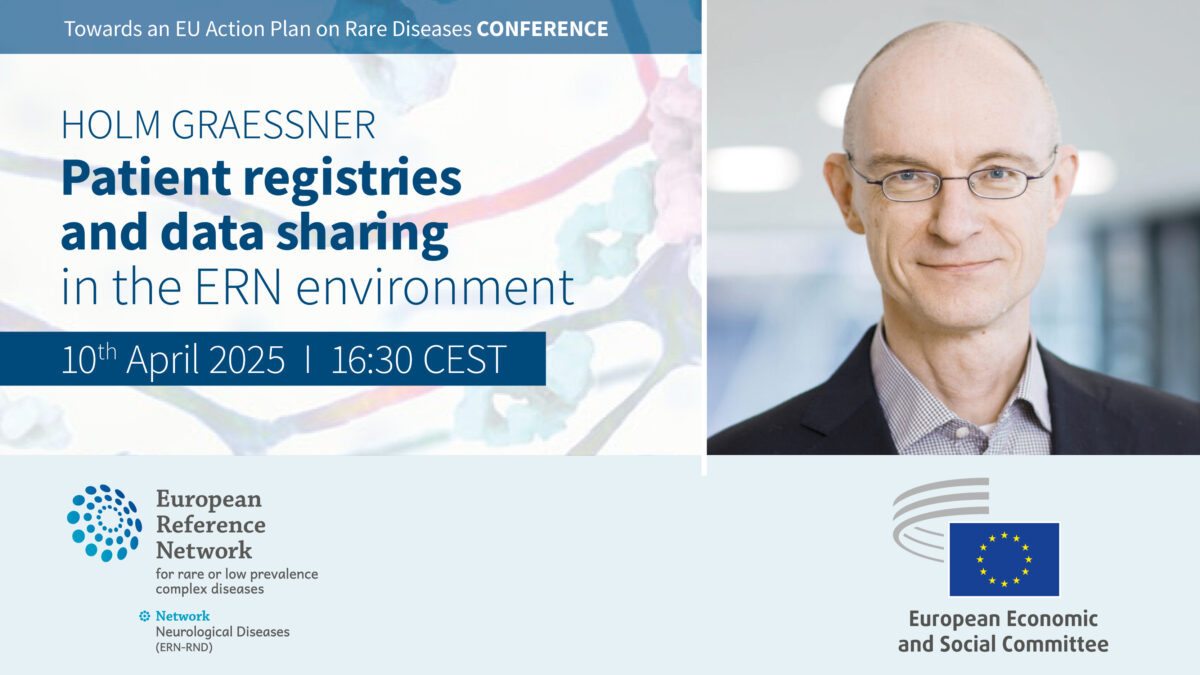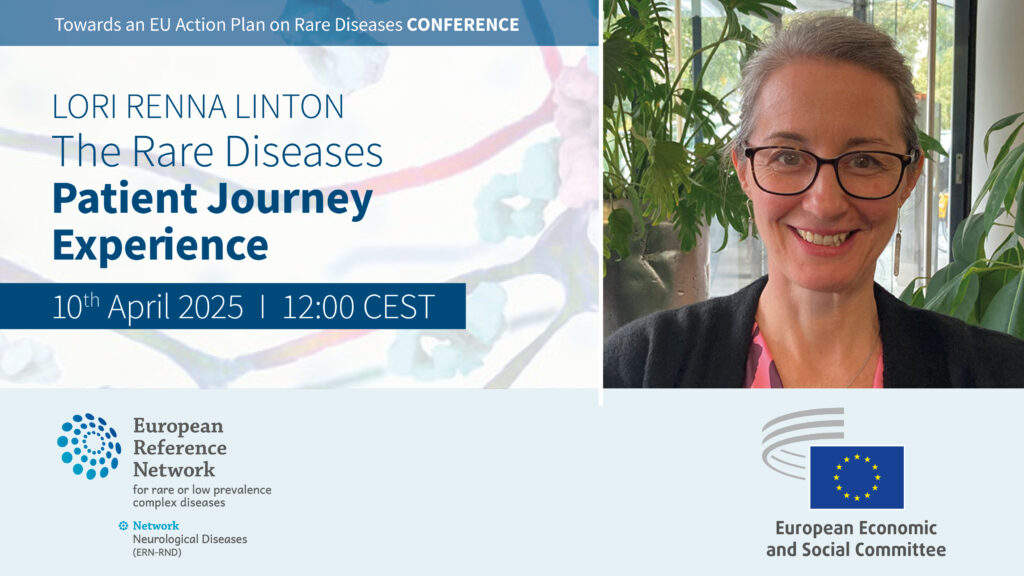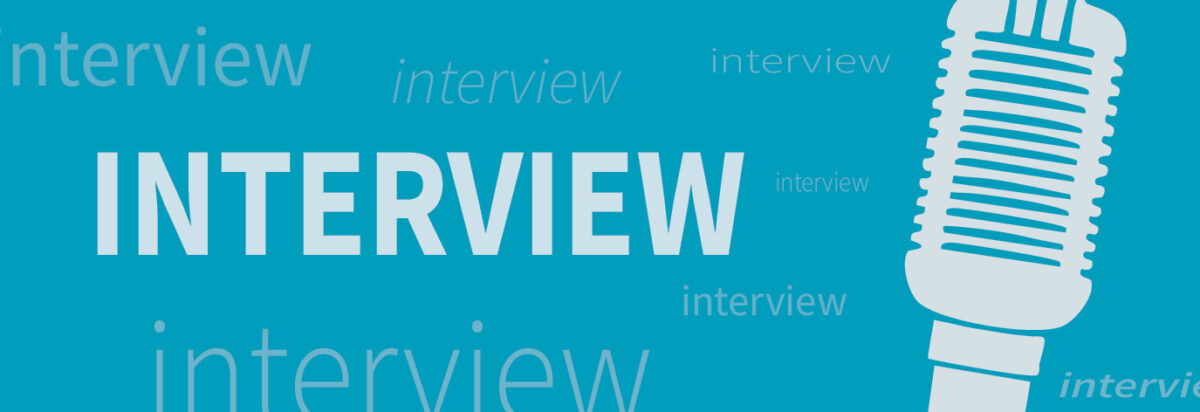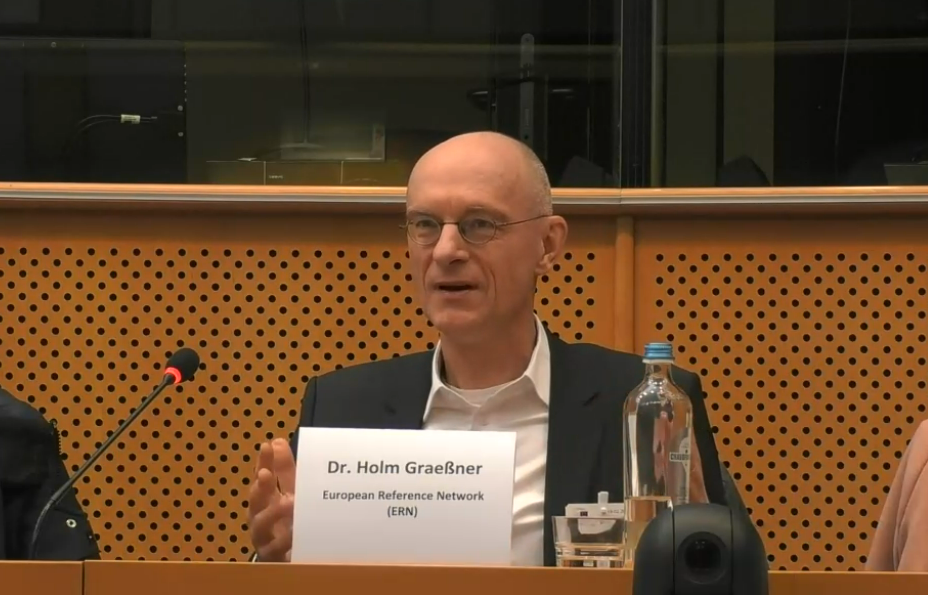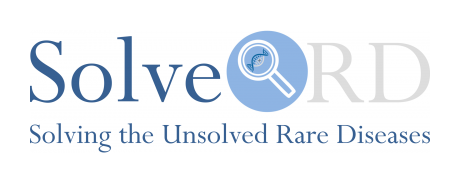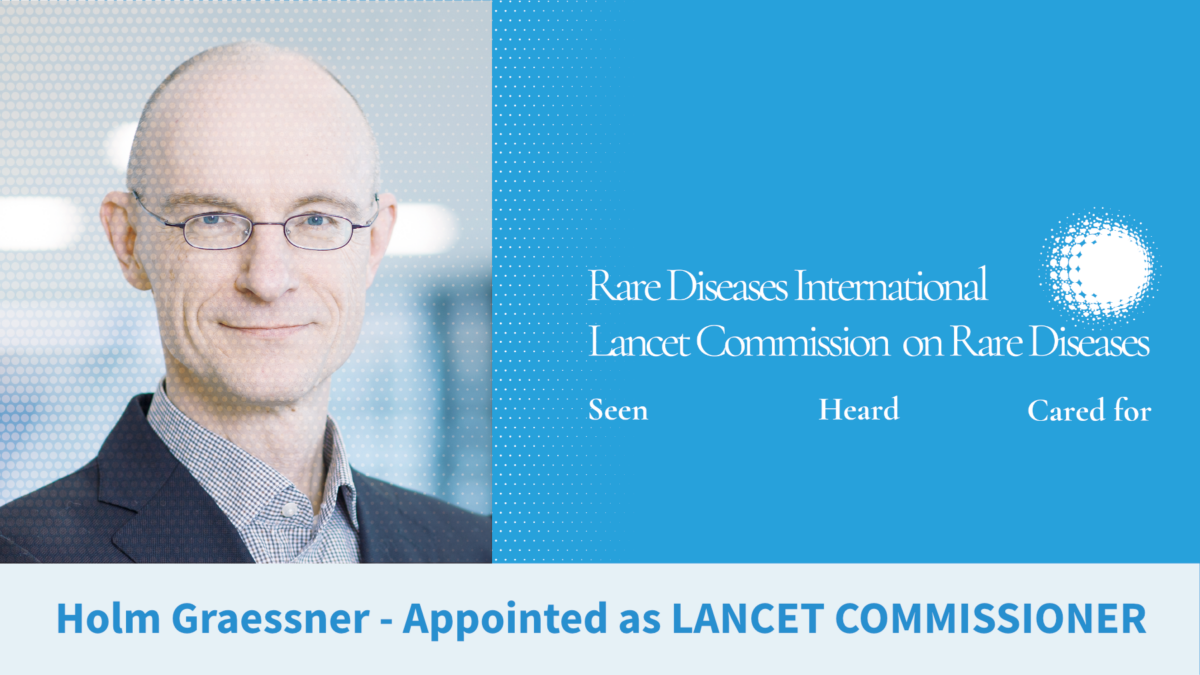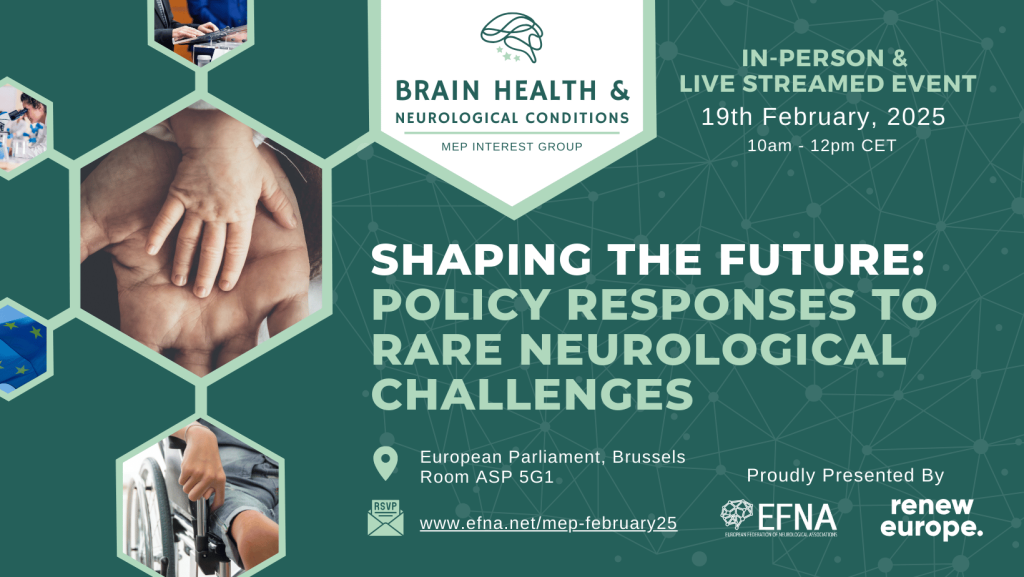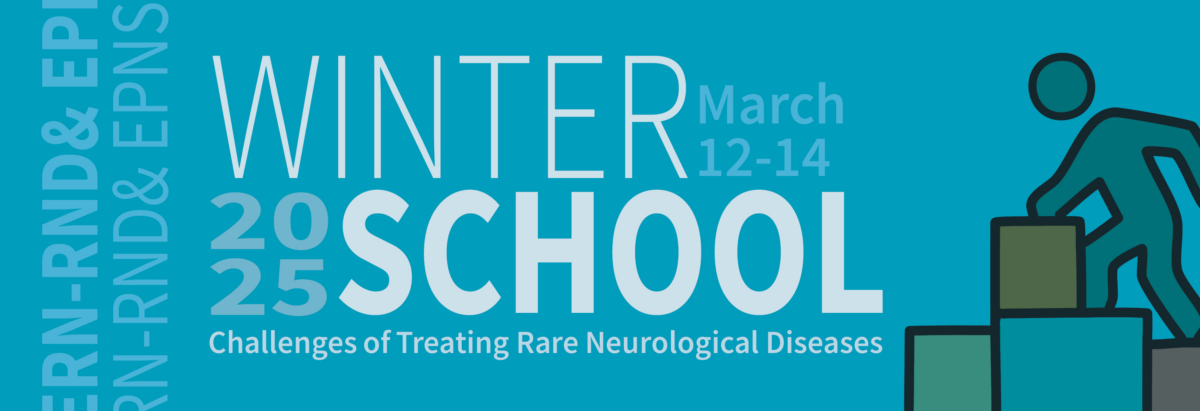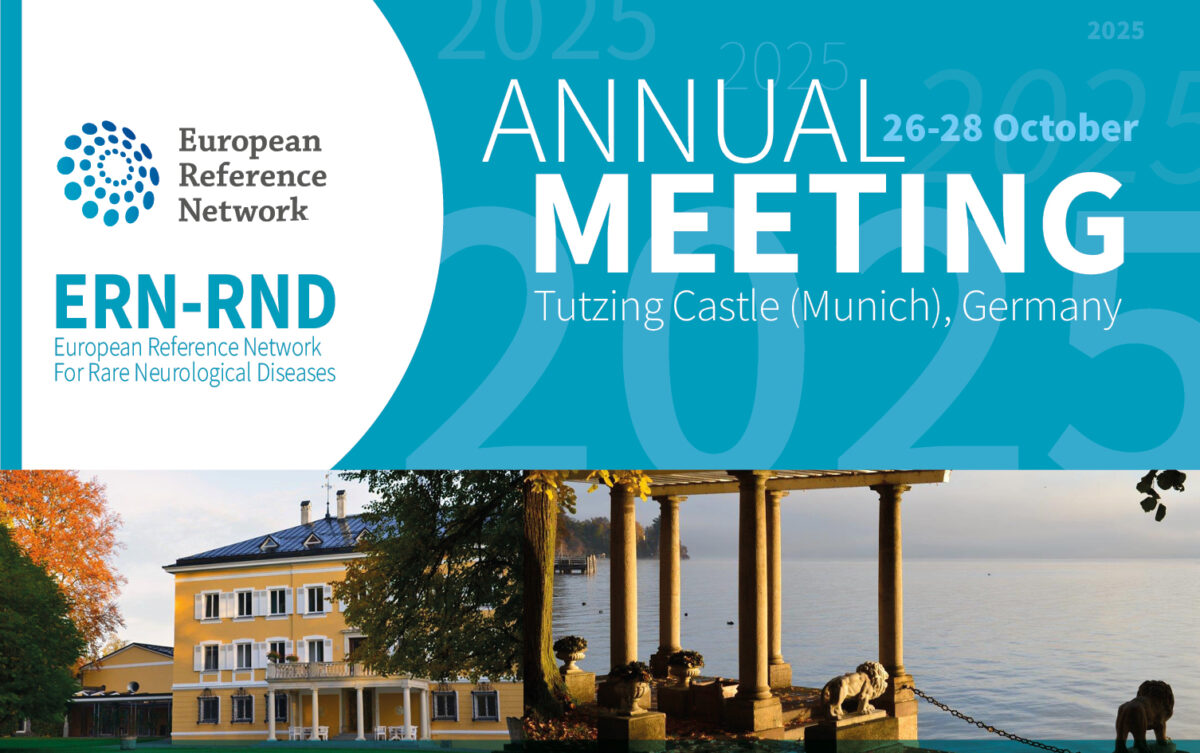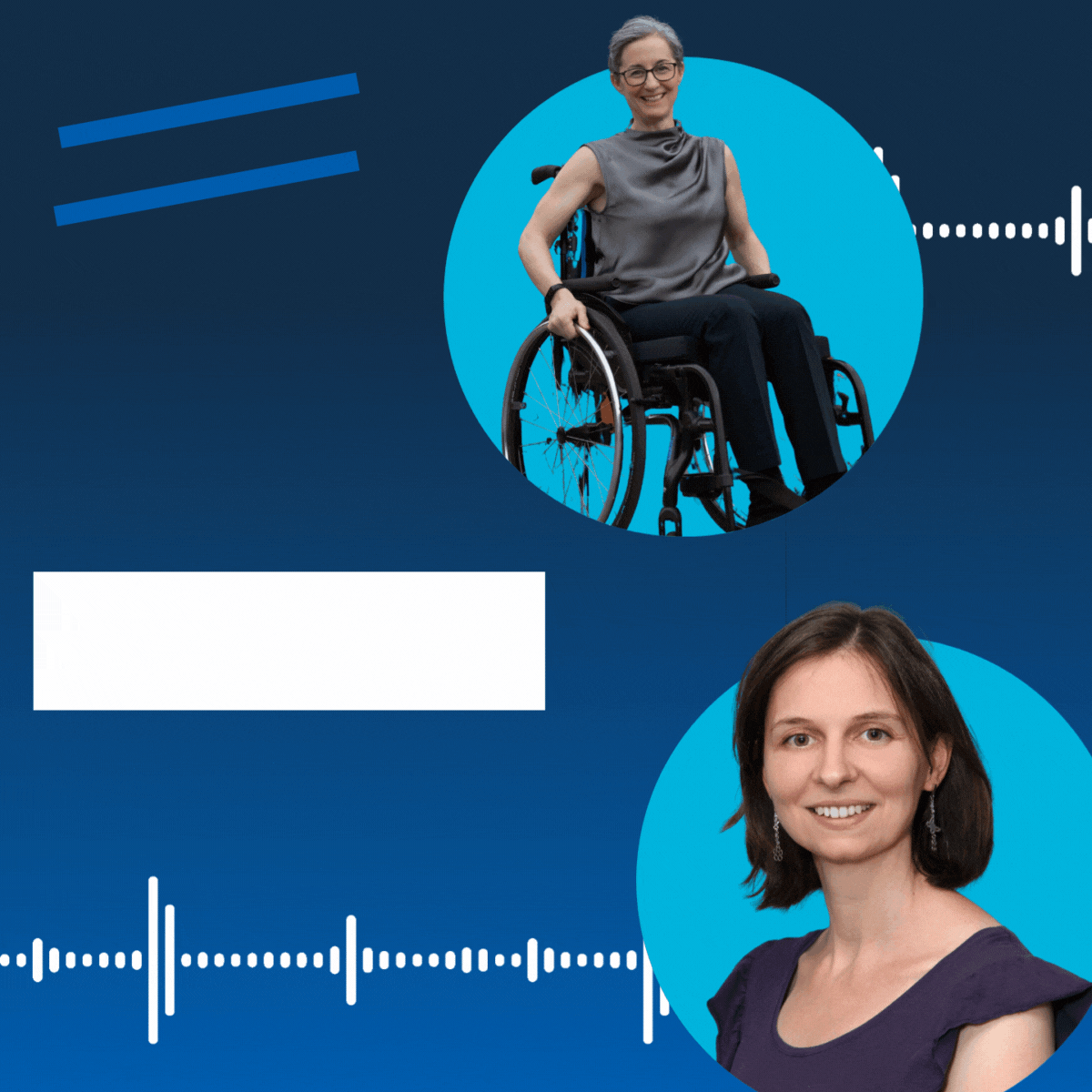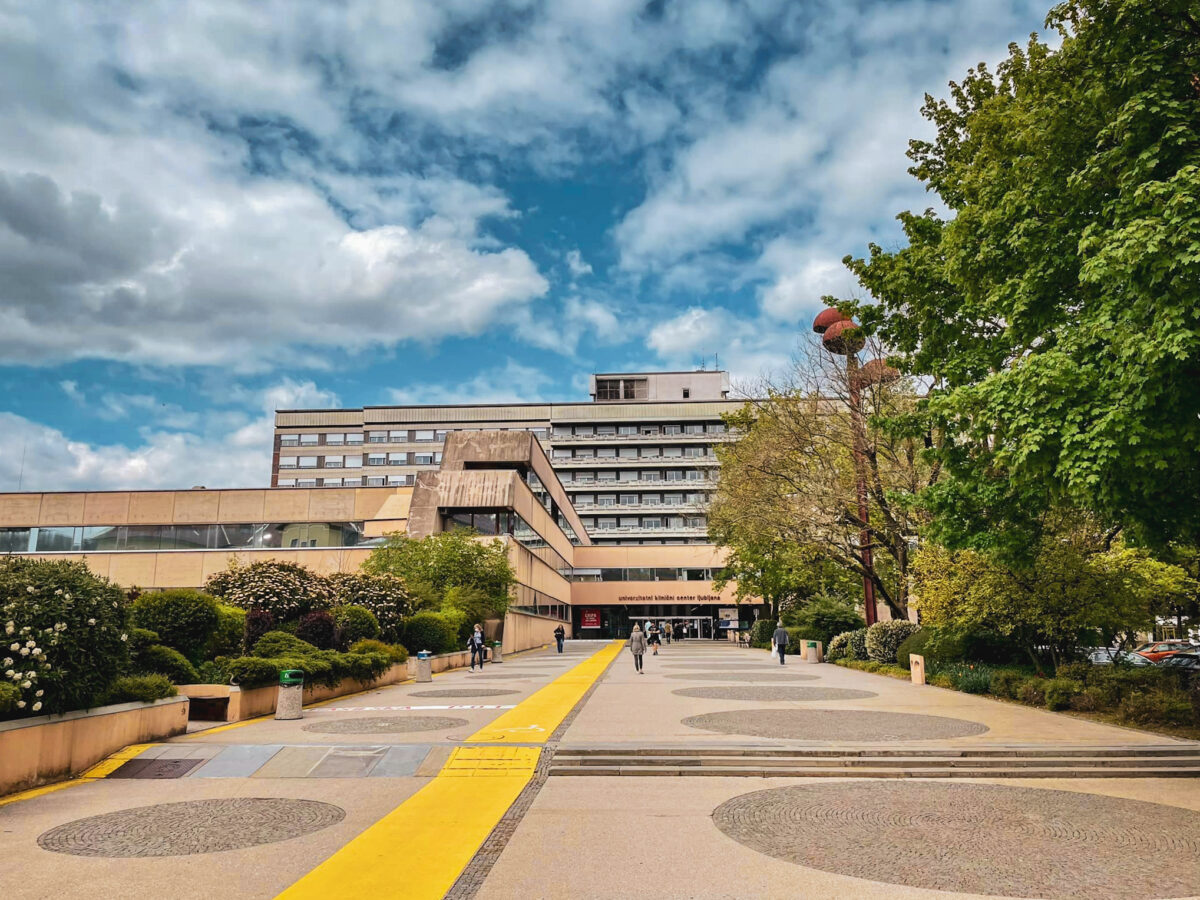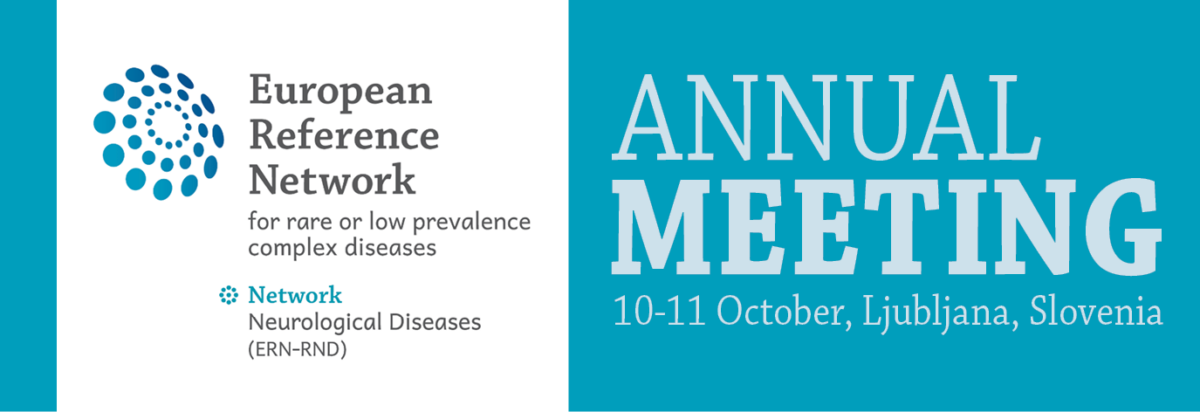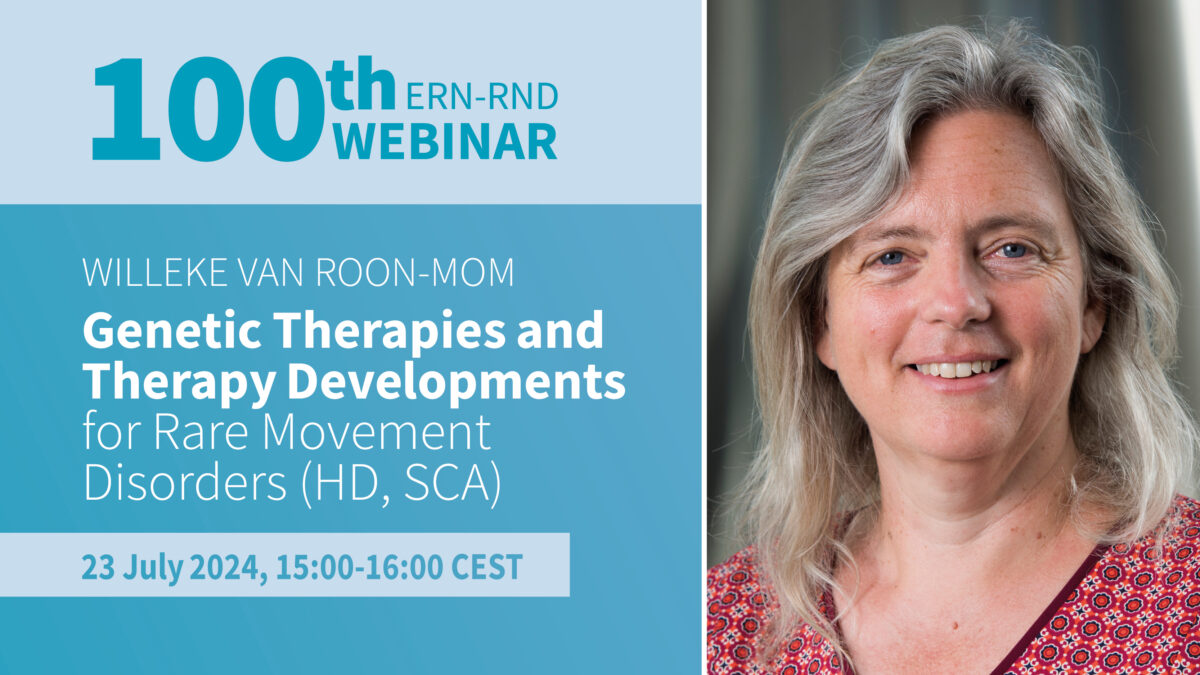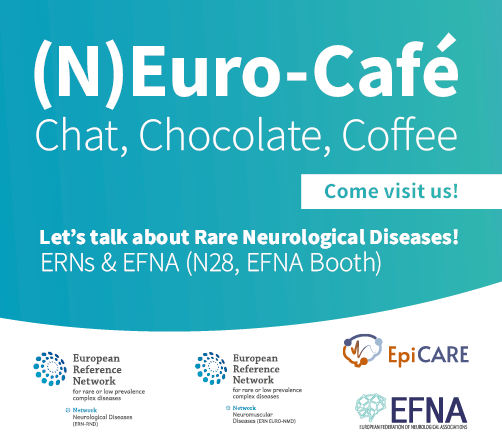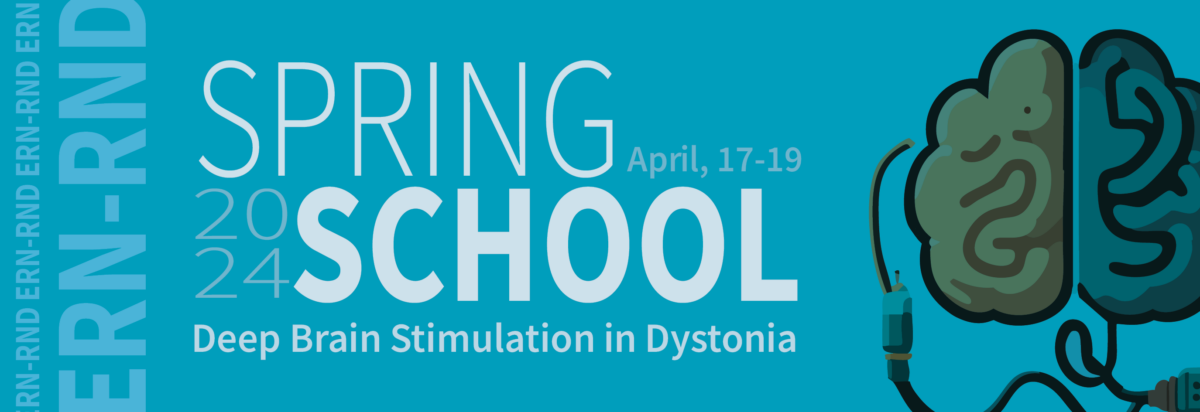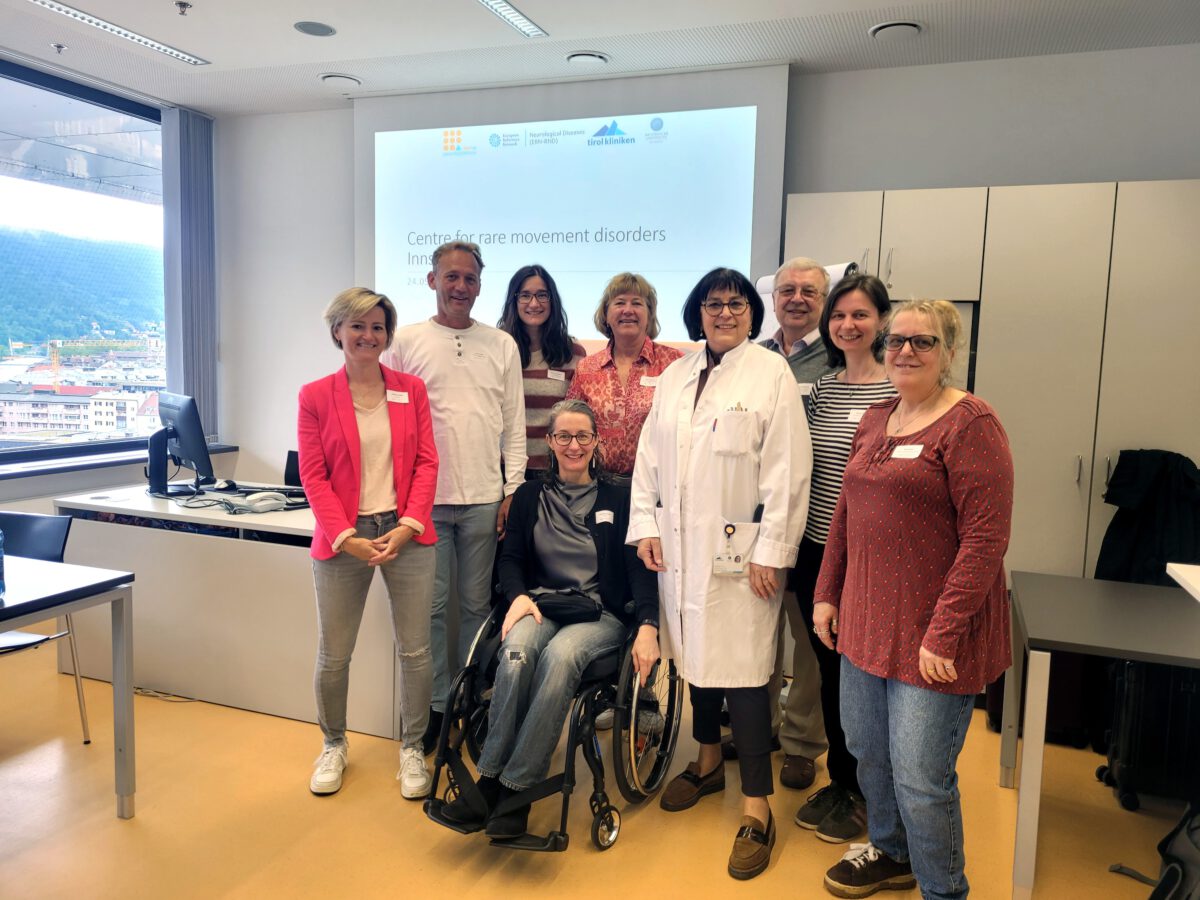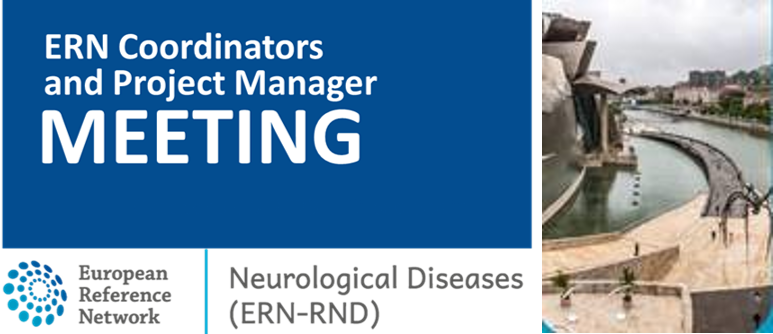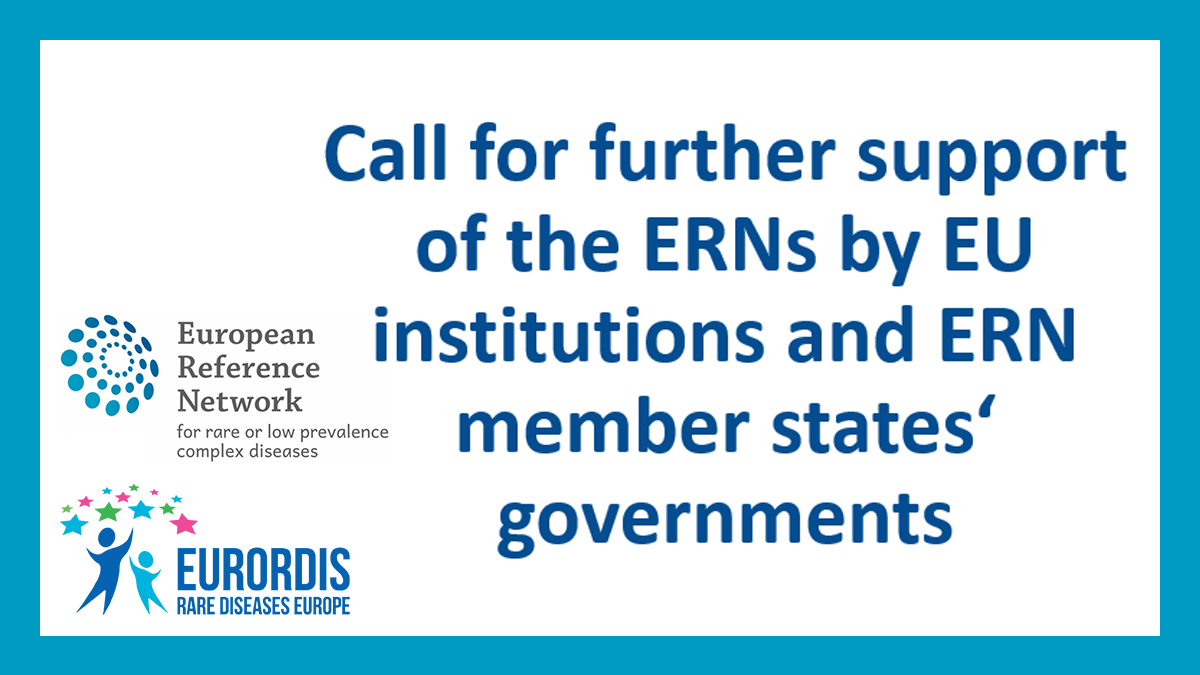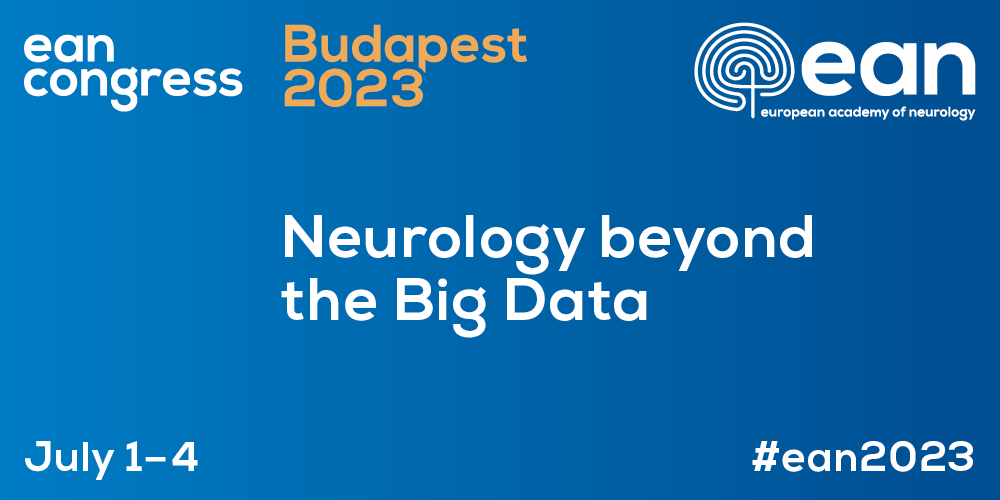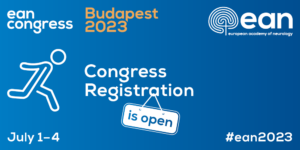“Getting coordinated care is not a pipe-dream. It is a reality in Innsbruck and can be a reality in other places” (Patient Advocate from ERN-RND)
The question our ePAG asked ourselves in January of 2024: What does good care look like? We thought it wise to visit an Expert Center to learn about the expertise and the standards that they provide to patients. We identified a center that covered all of the representative diseases in the ERN-RND. We then decided on the questions we wanted answered.
On 24 May, the ePAG of the ERN-RND left their mark in Innsbruck, where they visited Dr. Sylvia Boesch and her team -at the Center for Rare Movement Disorders Innsbruck (CRMDI) in the Medical University Innsbruck.
Dr. Matthias Amprosi, part of the neurology team at the CRMDI made a presentation, which covered the majority of the questions we sent them prior to our visit. We learned about the clinic and how many patients they see and help per year. We learned about studies that are currently in progress. We learned that there are also organizational, nursing and physiotherapy teams, as well as social workers, all of whom are exclusively assigned to the Department of Neurology. We then saw that in action.
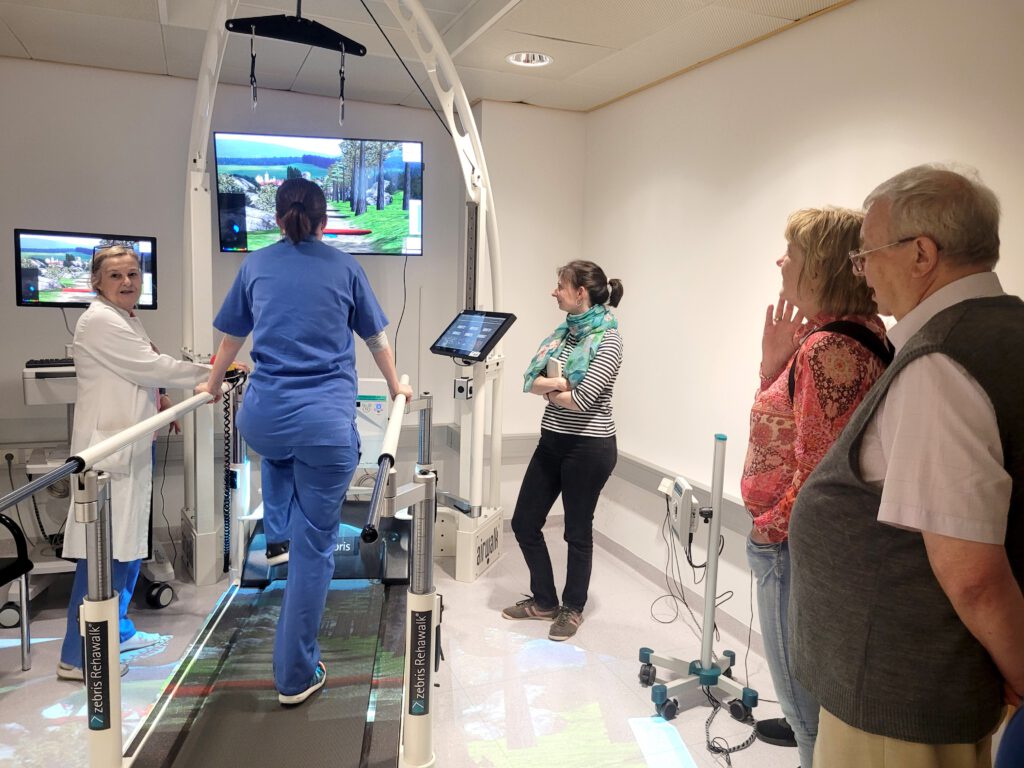
We visited the physiotherapy center where you learn skills while you’re having fun. For example, you can use the h/p/ cosmos fitness trainer for gait analysis while watching a screen in front of you and stepping over objects “in your way.” You can play Wii Fit or, you can use the tyromotion to train fine motor skills by copying a simple drawing.
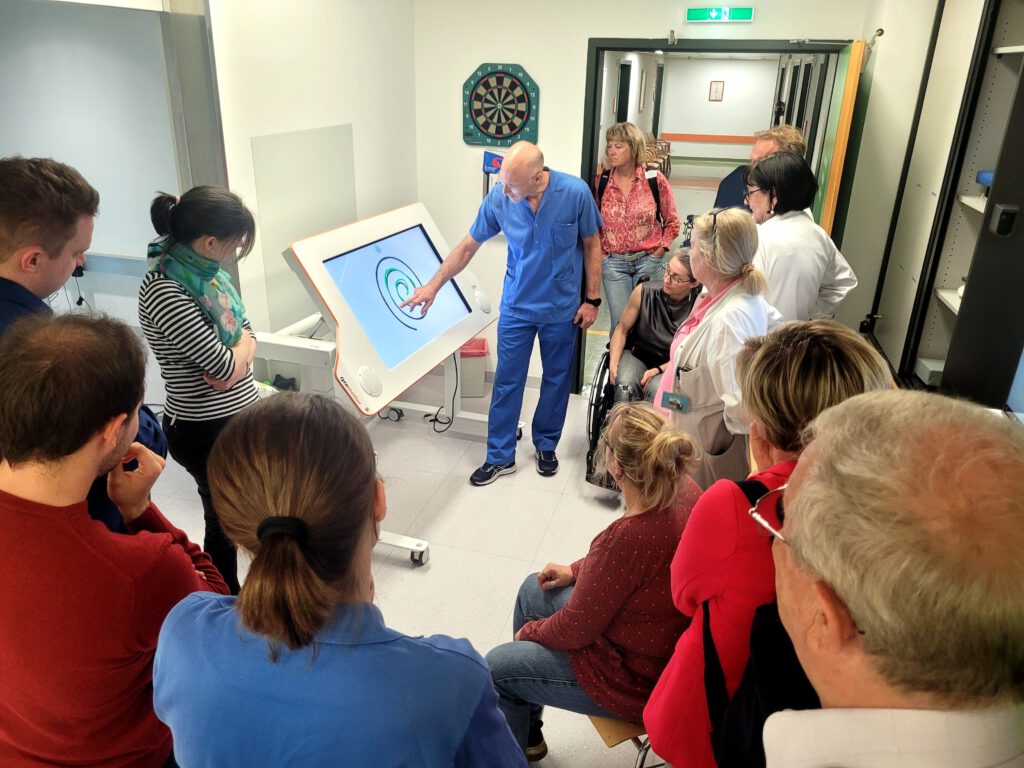
We also met a 24-year-old male with Friedreich’s Ataxia, who was being advised by his doctors about appropriate jobs because the social welfare office isn’t familiar with that disease and cannot offer advice.
Our ePAG had this to say about the visit: “The presentation of the center’s entry into the ERN was amazing and it was so interesting to see how they work with the ERN network and understand the mutual benefits. It was also interesting to get an overview and to learn about the studies that are in progress at the moment. The implementation of rehabilitation, research and training into the clinical units is impressive. This is a forward-leaning and enthusiastic staff. Also impressive is the holistic approach, in both physiotherapy and in Sylvia’s approach of taking very good care of her patients.”
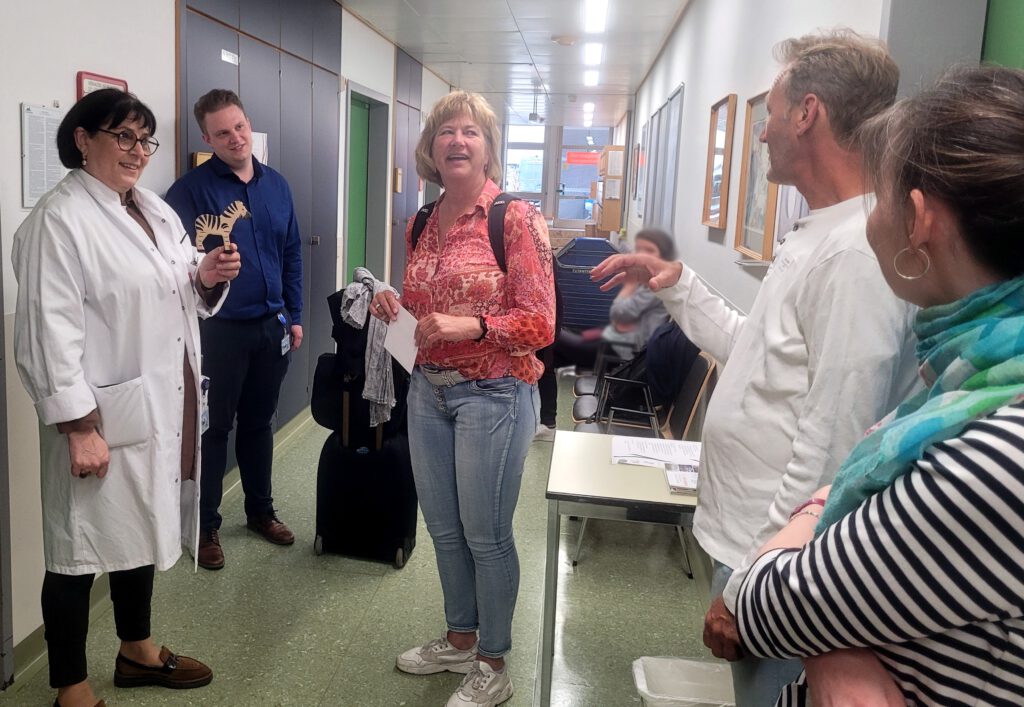
To thank Dr. Bösch for the visit, the patient representatives gave her a zebra figurine as a symbol of rare diseases: “When one hears hoofbeats, it isn’t necessarily a horse, it can be the much rarer zebra.”
What is equally impressive is how well this ePAG works together. We genuinely like each other and have spent time developing our professional relationship for the benefit of all the people we represent.
Report written by Lori Renna Linton, member of the ERN-RND European Patient Advocacy Group (ePAG)
